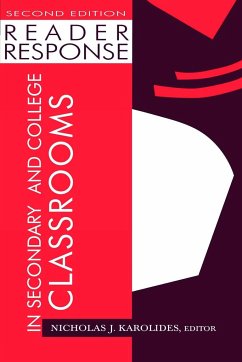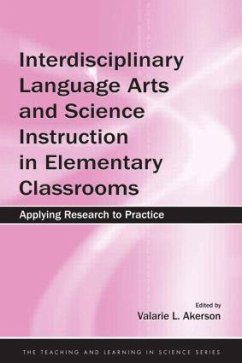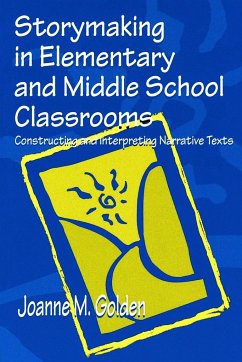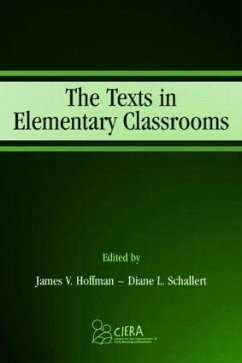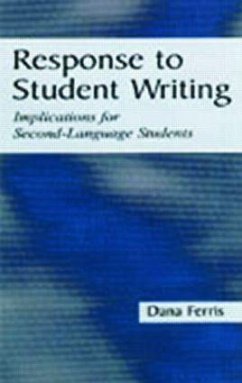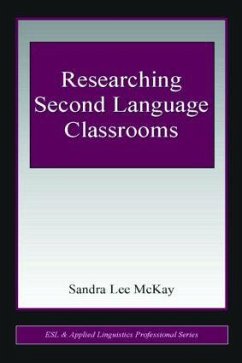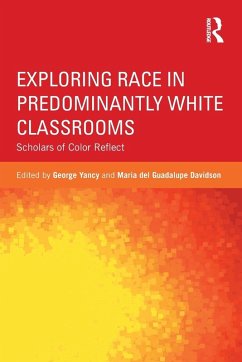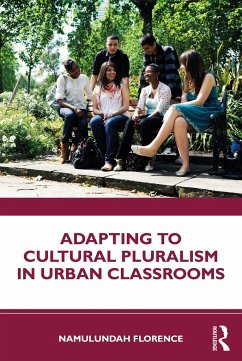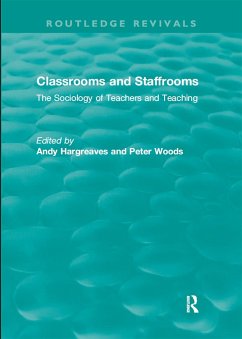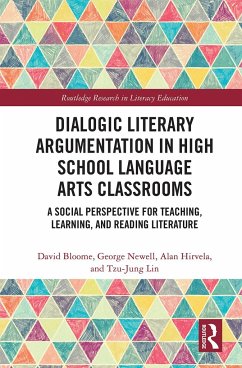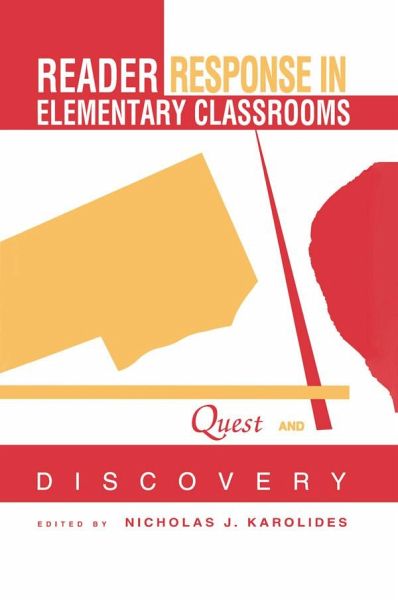
Reader Response in Elementary Classrooms
Quest and Discovery
Herausgeber: Karolides, Nicholas J.

PAYBACK Punkte
35 °P sammeln!
Reading is a quest. Likened to an adventure -- both metaphoric and real -- the quest is a journey of discovery. The reader's search encompasses the sensations of the experience itself, accompanying emotions, sense and meaning engendered by the experience, and understandings of the self, others, and the world around. Out of curiosity, readers also search for an extensive array of information. The journey can be envisioned and contemplated again and again after the reading act itself is completed. In a meaningful way, the reader's quest and its discoveries are life enduring and life fulfilling. ...
Reading is a quest. Likened to an adventure -- both metaphoric and real -- the quest is a journey of discovery. The reader's search encompasses the sensations of the experience itself, accompanying emotions, sense and meaning engendered by the experience, and understandings of the self, others, and the world around. Out of curiosity, readers also search for an extensive array of information. The journey can be envisioned and contemplated again and again after the reading act itself is completed. In a meaningful way, the reader's quest and its discoveries are life enduring and life fulfilling. The purpose of this volume is two-fold: * to establish and explore the essential features of reader response theory and its rendering of the reading process, and * to acknowledge a philosophy of teaching and to illustrate teaching strategies to evoke and enhance readers' responses. Understanding the ways in which the reader affects the reading and how the reading happens will illuminate classroom pedagogy. This text establishes and explores the essential features of reader response theory and its rendering of the reading process. The essays acknowledge a philosophy of teaching and illustrate a spectrum of teaching strategies to evoke and enhance readers' responses, including whole and small-group discussion; story drama; readers' theatre; journal writing; scripts, letters, stories, and other writings; and "body punctuation." A case study format is used to illustrate these strategies in action in real classrooms.





